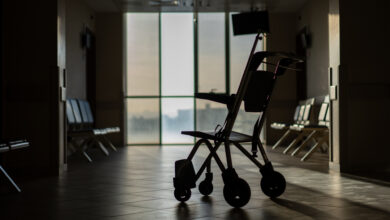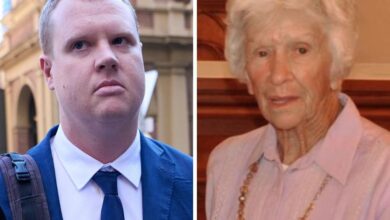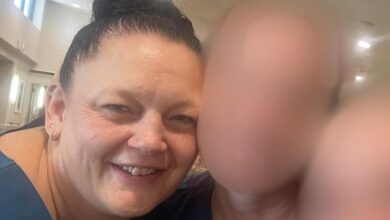Leading the way
In a night of celebration, the HESTA Australian Nursing Awards honoured the work of the nation’s nurses and midwives.
A nurse who has spent the last four years looking after the homeless people of Sydney was last week named the HESTA Australian Nurse of the Year.
Paul Esplin works with rough sleepers in the inner city. Many are living with severe mental illness, developmental delay, intellectual disability, drug and alcohol addiction.
“It can be hard, but every now and then things work out and you know you've made a difference. People can surprise you. There is hope. It's a very rewarding, unique and interesting way to work,” Esplin said.
As The Michael Project Nurse for Medibeat, a program run by Mission Australia in partnership with the St Vincent’s Hospital Homeless Health Service, Esplin works with clients on the street, in laneways, parks, drop-in centres and crisis accommodation.
“My car is my office. I am called in by outreach workers and I make my own rounds,” he said.
Awarded the Innovation in Nursing category was the Geriatric Flying Squad, a rapid-response nursing service for older people struggling in their homes.
Developed at the War Memorial Hospital in NSW, its philosophy is to do whatever it takes and never say “we can’t help”.
Clinical Nurse Consultant Amanda Klahr manages the program, which provides comprehensive geriatric assessments, multidisciplinary care in the home, and referrals to appropriate services. The team includes a clinical nurse specialist, a doctor specialising in geriatric care, a social worker, occupational therapist, physiotherapist and clinical psychologist.
“Our clients are community-dwelling elders who are failing at home for some reason. They are referred to us by a concerned GP, neighbour, carer or family member,” Klahr said.
The last award of the evening, Graduate Nurse of the Year, went to Zena Coffey, an Austin Health nurse, who excelled in emotionally charged environments including emergency, palliative care and oncology.
In palliative care, Coffey works closely with patients and their families to understand their emotional, physical and social needs so she could provide a higher quality of care.
“Working in palliative care is confronting, difficult and rewarding at the same time,” Coffey said.
“I talk to patients and families about their spiritual needs. Facilitating important spiritual rituals for patients gives great satisfaction.”
Dedicated to good communication, Coffey has developed innovative ways to communicate effectively with patients from non-English speaking backgrounds and neurology patients struggling with speech. Body language, cue cards and alphabet charts are part of her approach.
For full coverage of the HESTA Australian Nursing Awards see the June issue of Nursing Review.
Email: [email protected]




